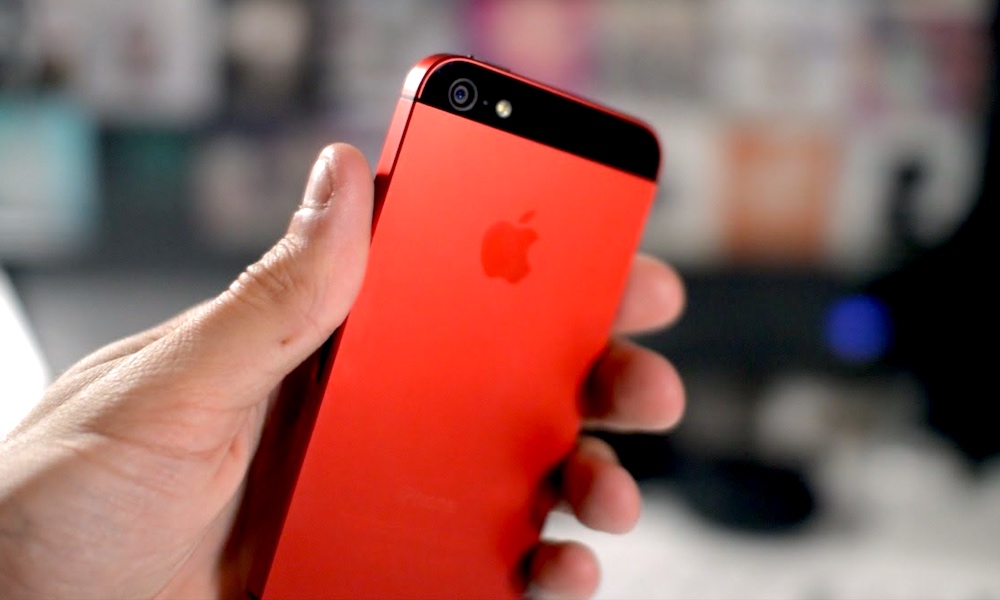Apple Warns Older iPhones May Fail If Not Updated Before Nov. 3
 Credit: Tom Rich
Credit: Tom Rich
Toggle Dark Mode
Apple is warning users that some of the most important system functions and many third-party apps on older iPhone and iPad models will stop working on Nov. 3 unless they update their devices.
That’s because of the GPS rollover bug we reported on earlier this year. Essentially, this is happening because the Global Positioning System network timestamps its data in a way that only allows it to reach 1,023 weeks before rolling back to zero.
The rollback affected a number of GPS devices on April 6. But now, Apple is warning users that the same issue will impact some iPhones and iPads right before midnight GMT on Nov. 3, 2019.
“It’s especially important to update your device’s software before November 3 to make sure its GPS, date and time continue to work properly,” Apple wrote in a support page.
The issue will cause certain iPhone and iPad models introduced in 2012 and earlier to lose GPS functionality. That doesn’t sound like that big of a deal until you realize how many system functions rely on GPS.
In addition to losing the ability to geolocate via GPS, those iPhone and iPad models could also be set to incorrect times — which will cause problems with fetching email and syncing with iCloud. Third-party apps that rely on GPS or correct time settings could also break on that date.
Thankfully, only certain iPhone and iPad models are affected. For example, only cellular-enabled iPads will be impacted. The full list of devices includes:
- iPhone 5
- iPad (4th generation)
- iPhone 4s
- iPad mini (1st generation)
- iPad 2 (CDMA models only)
- iPad (3rd generation)
The iPhone 5 and 4th-gen iPad will need to be updated to iOS 10.3.4. The rest of the devices must be updated to iOS 9.3.6 to avoid the bug.
- You can see which software you’re running by going to Settings > General > About.
- You can update your software by going to Settings > General > Software Update.
It’s also worth noting that older iPhones and iPads not on the above list won’t be able to receive a bug-squashing update. As such, users of those devices will just have to put up with the consequences of the bug.






